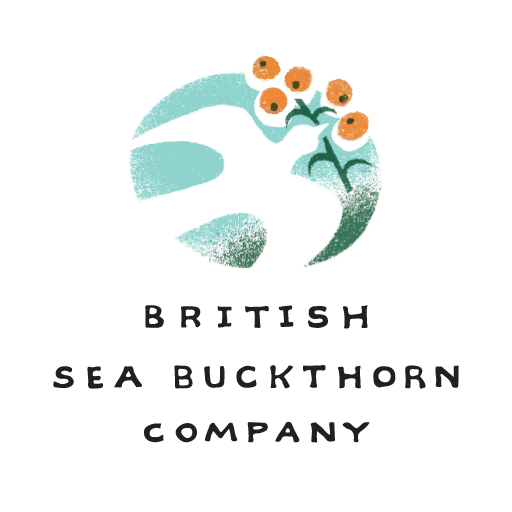As I start a new year I have set some challenges based on where this seabuckthorn project is going.
I am concerned that as a farmer I will be producing seabuckthorn as a commodity. A commodity which is basically just a berry – or products from a berry. A commodity that tells the customer very little about the reality of what they are buying.
When you search the internet there is so much generic knowledge being published. So much is sometimes too much. There are so many benefits; so many nutrients; but how does this relate to my crop, my berries, my potential products?
I take seabuckthorn capsules and I believe that I get a real benefit in terms of better general health, keeping common ailments away and most of all I believe that I seem to have better stamina to do the job I do. All of this is personal reference. It is how I feel. it is not medically verified, but I do genuinely believe that these outcomes are as a result of taking the capsules. I suppose it is also put to the test because when I stop taking them these ailments are a problem.
But as a potential manufacturer and salesman of my products how can I say to a customer – it will do this; I can guaranteed it will help you because it has certain nutrients in it.and so on.
I can analyse my berries and know what a particular crop/variety that year has in it. But we come back to the problem that seabuckthorn is a composite of 190 or so nutrients. Nutrients that individually may be recognised as having a beneift to a consumer. But put those nutrients into a mix – a stock pot as it is sometimes called, and we have a mix of or synergy of benefits that are not predictable. Add to that I am growing over twenty varieties each of which genetically bred to provide different outputs, plus the fact that every year the weather will influence the concentrations of nutirents in the berry – and all of a sudden we have too many variables.
The New Nutrition Business analyses the food and drink sector each year and reports their findings as the top 12 trends that the market is looking for.
Top of the list this year is “Naturally functional”. I see this as encompassing what seabuckthorn is. A natural product that is high in many nutrients – nutrients that consumers accept as being good for them.
So should I or should I not get hung up on the science and the need to prove the science to say my seabuckthorn will deliver a benefit to my potential customer?
In legal terms I cannot say what these benefits are anyway unless these are proven through the European Food Safety agency system. A very expensive process which is also extremely difficult if the outcome that is being suggested is derived from a natural product which has many variable nutrients and synergies.
But as a grower I want to make sure that I am growing the crop to the best of my ability and that this dleivers what the customer wants. So there is a need to isolate the nutrients of interest that I can manage in the berry through crop management.
The issue will be to find out this year which nutrient or group of nutrients can be produced to an optimum quality, consistently in my crop. I also need to assess whether the concentrations of each nutrient are high enough to be relevant to providing a useful function.
It is always of course possible to add vitamins, nutrients to a product to provide consumer beneifts that they associate with it. But that is neither natural, nor is it what the consumer expects from a crop that is reported all over the internet as being a source of many nutrients.
The work will be done with a UK university and referred to other European institutes with an interest in seabuckthorn. Hopefully the end result will have identified better crop management, better understanding of UK seabuckthorn and a better understanding of how that matches consumer demands and needs. Like all research work it might not be conclusive, but if one does not seek to understand then how can one improve.
At the moment a little knowledge is dangerous. My berries will have a mix of the nutrients mentioned in internet media – but does that relate to consumer need?

Reblogged this on britishseabuckthorn.